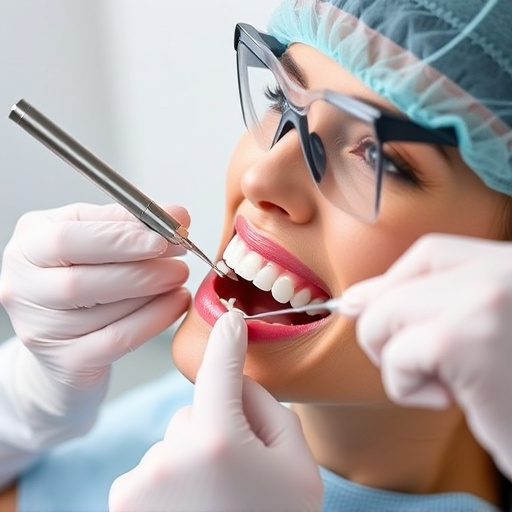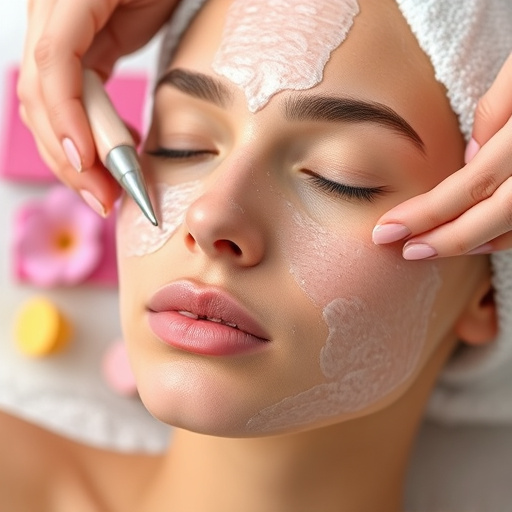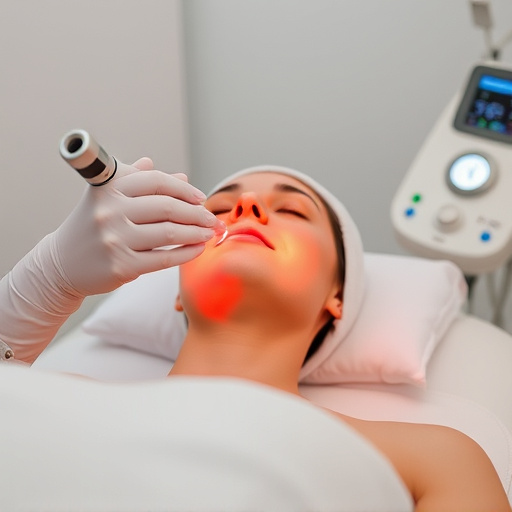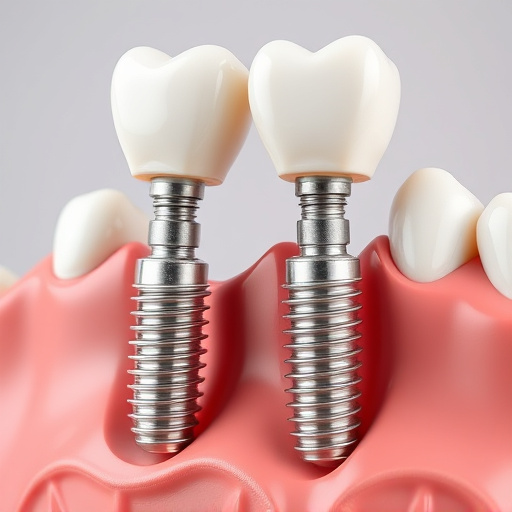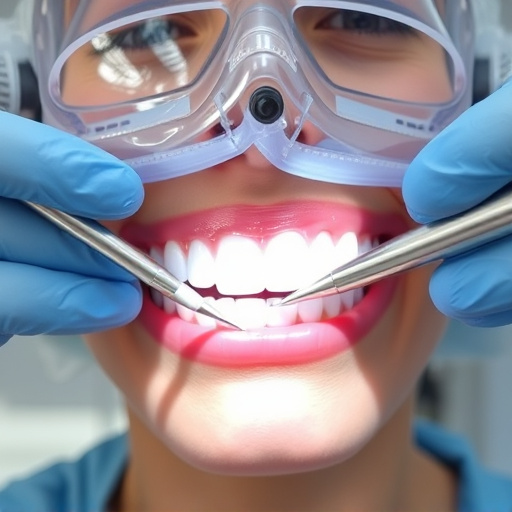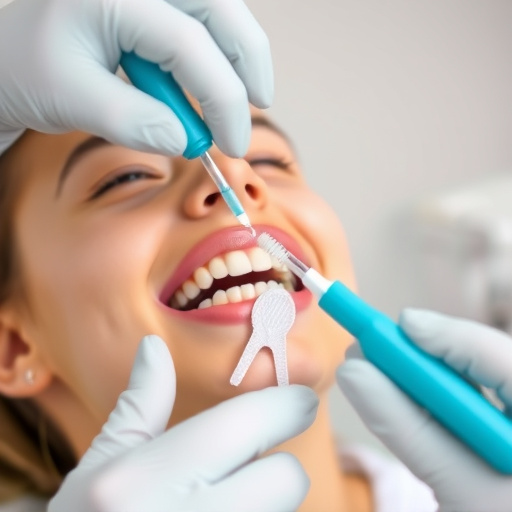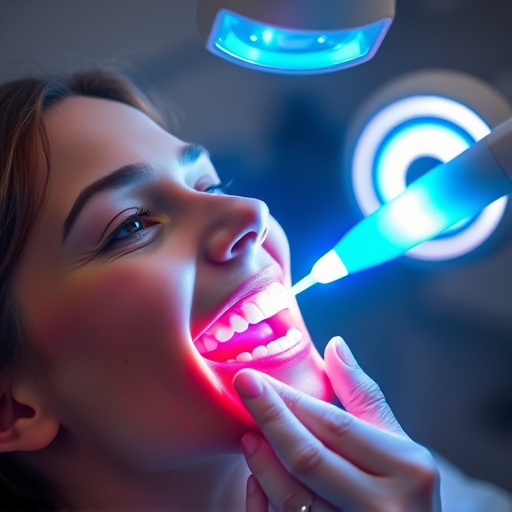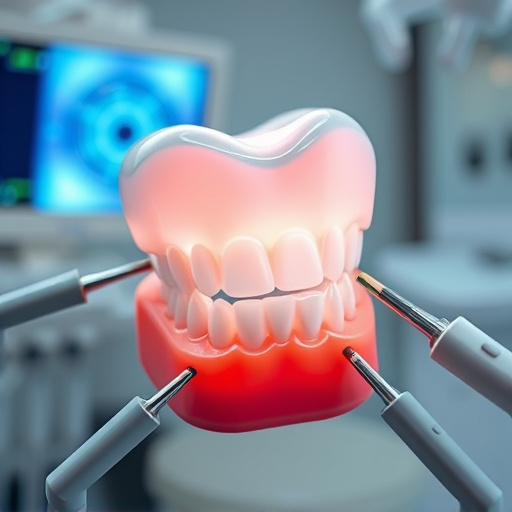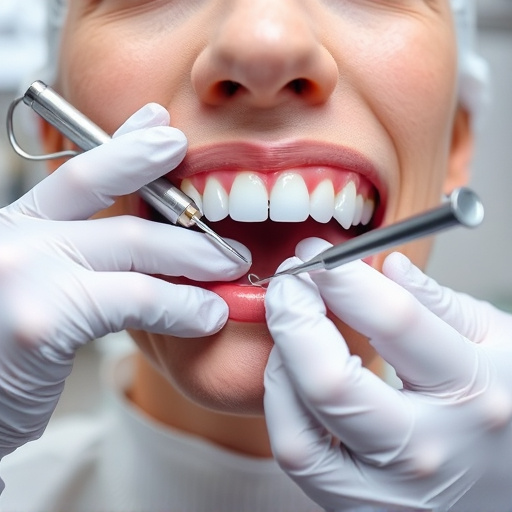Routine dental maintenance involves regular check-ups and cleanings to prevent oral health issues. Dentists examine fillings, crowns, and overall oral hygiene during these visits, detecting potential problems early. Integrating proper oral care practices alongside professional cleanings enhances filling longevity and overall dental well-being. Routine assessments are crucial for maintaining a healthy smile by preventing more serious procedures.
Routine dental maintenance is key to preserving oral health. This often involves regular check-ups that include crucial assessments like checking fillings and assessing crowns. Fillings, essential for repairing tooth damage, need periodic evaluation to ensure they remain intact. Similarly, crowns, designed to protect weakened teeth, require careful monitoring. By focusing on these aspects during routine dental maintenance, individuals can maintain optimal oral health and prevent more serious issues down the line.
- Understanding Routine Dental Maintenance
- Checking Fillings: Essential Part of Routine
- Assessing Crowns: Maintaining Oral Health
Understanding Routine Dental Maintenance
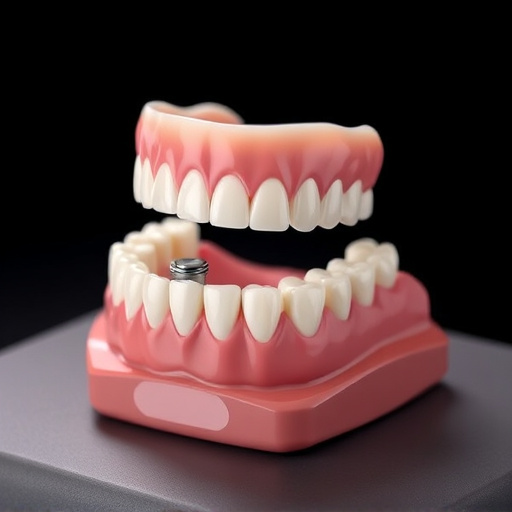
Routine dental maintenance is an essential aspect of oral health care that involves regular check-ups and cleaning sessions. It’s more than just keeping your teeth clean; it’s a proactive approach to maintaining overall oral well-being. During these visits, dentists perform various tasks, including examining your teeth for any signs of decay, gum disease, or other issues. They also thoroughly clean your teeth to remove plaque buildup, which can lead to cavities and gum problems if left untreated.
A key component of routine dental maintenance is monitoring fillings and crowns. Fillings repair damaged areas in the tooth caused by decay, while crowns encase weak or broken teeth, providing strength and protection. Regular checks ensure these restorations remain intact and effective, preventing further damage. Additionally, your dentist might recommend clear aligners or other orthodontic treatments as part of preventive dentistry, addressing issues early to avoid complex procedures later.
Checking Fillings: Essential Part of Routine
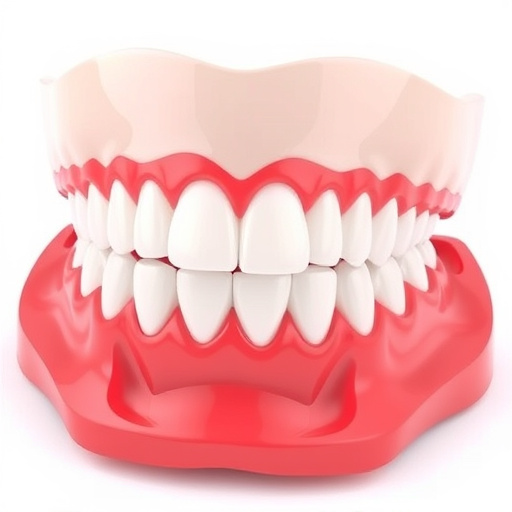
Checking fillings is an essential part of routine dental maintenance. During a regular dental visit, your dentist will thoroughly inspect each filling to ensure it remains intact and functional. This involves visually examining for any signs of damage, cracking, or discoloration, as well as using advanced diagnostic tools to assess the health of the surrounding tooth structure. Early detection of issues with fillings is crucial because it allows for prompt repair or replacement before more serious problems develop.
Regular dental cleanings play a vital role in maintaining the integrity of fillings and crowns. The professional cleaning process removes plaque and tartar buildup that can weaken fillings over time. By integrating preventive dentistry practices, such as proper oral hygiene techniques and dietary choices, individuals can significantly contribute to the longevity of their fillings and overall oral health.
Assessing Crowns: Maintaining Oral Health
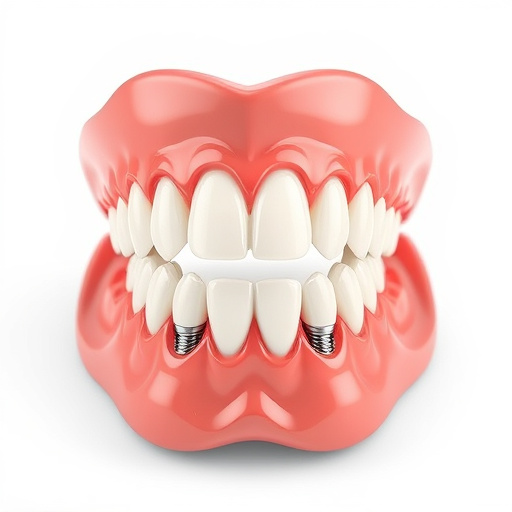
Regular dental check-ups are essential for maintaining optimal oral health, and a crucial part of this routine dental maintenance involves assessing your crowns. Crowns, which are custom-made caps placed over damaged or decayed teeth, serve as a long-term solution to tooth restoration. During your routine visits, dentists will carefully inspect these crowns to ensure they remain intact and in good condition.
By keeping an eye on crowns, dental professionals can prevent potential issues like crown fractures or loose fittings. Promptly addressing any problems is vital to avoid further damage and the need for more extensive procedures, such as painful tooth extractions or emergency dental care, including wisdom tooth removal. Regular assessment allows for early detection of concerns, ensuring your smile remains healthy and strong.
Routine dental maintenance is key to preserving oral health and preventing costly procedures. By including regular checks for fillings and crowns, individuals can ensure their dental work remains intact and identify any potential issues early on. This proactive approach not only saves time and money but also contributes to a healthier, happier smile in the long run.

